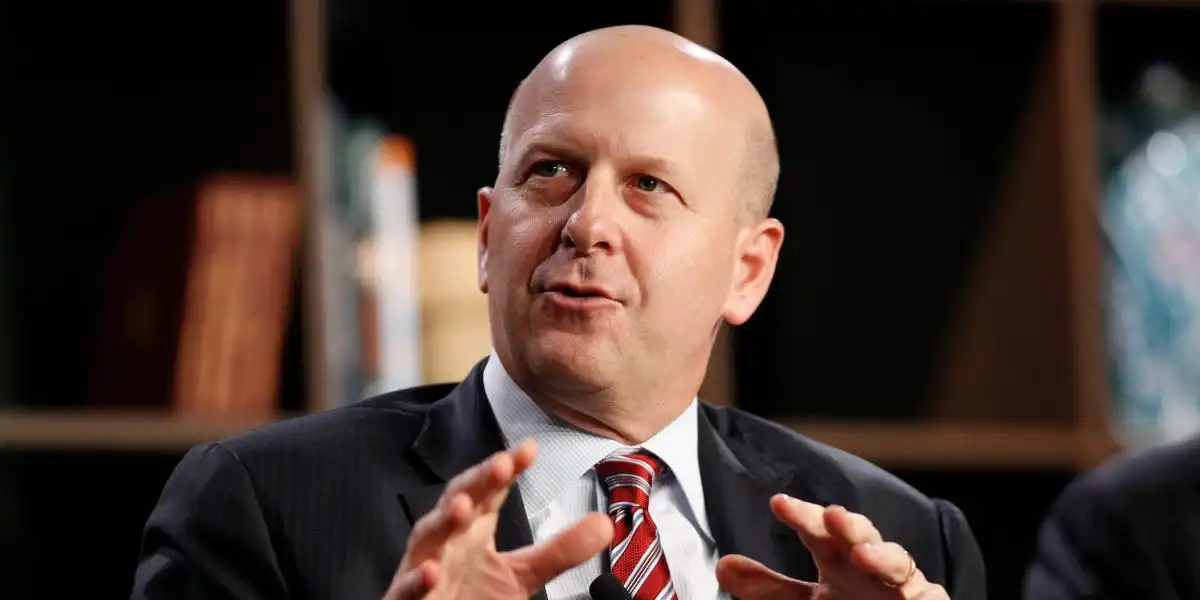Coordination, mentoring, and culture are intentional.
The problem is that in an "in person" work place, deficiencies in those areas are very easy to sweep under the rug.
What I will call "churn", rather the flurry of activity generated by masses of employees coming, going, and doing is frequently mistaken for productivity when instead it's professional level time wasting. The "ship" is making a lot of bubbles and waves but in reality it's just doing very wide donuts in the middle of the ocean and not generating any real forward momentum. Hence, "churn."
I've worked for fully remote orgs with excellent culture, fully in person orgs with horrible culture and vice-versa. In my experience, remote work has benefits for employees and the company. It's saves both money and can (not necessarily does) improve the quality of life of the employees. Not all jobs can be remote. That's understandable. White collar office jobs don't usually fall into the "can't be remote" category.
While remote work can impact the org culture, it usually is more of magnifying glass in that all the existing deficiencies in the orgs culture bubble to the surface and get put in display for everyone to see.
CEO's and other senior execs who are embarrassed by this, incompetent, or just don't care immediately blame the magnifying glass instead of the root problem. Identifying and dealing with the root problem would require time and effort that they aren't willing to invest. They'd rather sweep it back under the rug again and continue ignoring it.
And, as is now common, especially in corporate America, the attention span is so short and general state of corporate governance so poor that the only thing that matters is the stock price right at this very moment. No one cares if they're company is even going to be here in 20 years.
So if you work for a company who's CEO is whining about the need for "culture" and "water cooler moments" as a means to being people back into the office, rest assured that when that happens, the company will have the same shitty culture it always has, except maybe a little worse (since lots of layoff or constructive dismissals tend to damage the culture and erode trust). Nothing will change except the guys at the top will get back to pretending everything is fine, even if it's really not.


